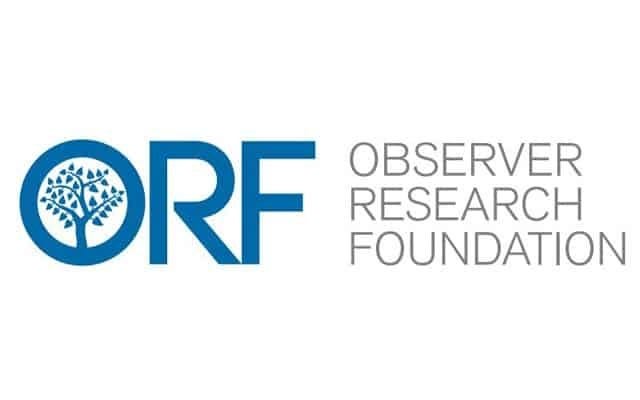Senegal, a vibrant democracy in West Africa, has experienced significant political, social, and economic shifts in recent years. This comprehensive analysis, presented by the Observer Research Foundation (ORF), delves into Senegal's defining democratic moment, examining the challenges and opportunities posed by civil war, the evolution of democracy, economic losses, protests, and the dynamics surrounding reelection. With a focus on the interplay between these key factors, this article provides a nuanced understanding of Senegal's democratic journey and its implications for the nation's future.
Civil War and the Quest for Stability:
This section delves into the historical context of civil war in Senegal, analyzing the factors that have fueled internal conflicts and the impact on stability and national cohesion. It examines the efforts taken to resolve conflicts, promote peacebuilding, and foster reconciliation, highlighting the importance of inclusive governance, dialogue, and conflict resolution mechanisms.
Strengthening Democracy: Progress and Challenges:
The article explores the evolution of democracy in Senegal, examining the successes and challenges faced in consolidating democratic institutions, ensuring fair and transparent elections, and promoting citizen participation. It highlights the role of civil society, political parties, and institutional reforms in fostering democratic governance.
Economic Losses and the Path to Recovery:
This section addresses the economic losses faced by Senegal, including the impact of civil war, socio-political unrest, and global economic fluctuations. It analyzes the measures taken to mitigate economic challenges, attract foreign investment, diversify the economy, and promote sustainable development. It also explores the role of regional and international partnerships in supporting Senegal's economic recovery.
:max_bytes(150000):strip_icc()/TermDefinitions_Economicprofit-0c30d2a2f45442d898dcbe60cefd3346.jpg)
Protests and Social Movements:
The article examines the role of protests and social movements in shaping Senegal's democratic landscape. It analyzes the causes and dynamics of protests, highlighting the demands for political reforms, social justice, and inclusive governance. It assesses the impact of these movements on policy-making, citizen engagement, and government responsiveness.
Reelection and Political Dynamics:
This section delves into the intricacies of reelection in Senegal's democratic framework. It explores the dynamics surrounding presidential campaigns, party politics, voter behavior, and the challenges of ensuring free and fair elections. It also analyzes the impact of reelection on political stability, governance continuity, and democratic consolidation.
Democratization and Socio-economic Development:
The article examines the nexus between democratization and socio-economic development in Senegal. It explores the ways in which democratic governance can contribute to inclusive growth, poverty reduction, and social empowerment. It highlights the importance of aligning democratic principles with sustainable development goals for long-term progress.
Conclusion:

Senegal's journey towards democracy is marked by defining moments that have shaped its political landscape, economic trajectory, and social fabric. This article, presented by the Observer Research Foundation (ORF), has provided an in-depth analysis of Senegal's defining democratic moment, encompassing civil war, democracy, economic losses, protests, and reelection. By understanding the complexities and interconnections of these factors, policymakers, researchers, and citizens can contribute to the ongoing democratic consolidation and socio-economic development of Senegal.







